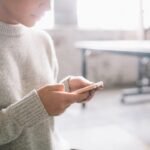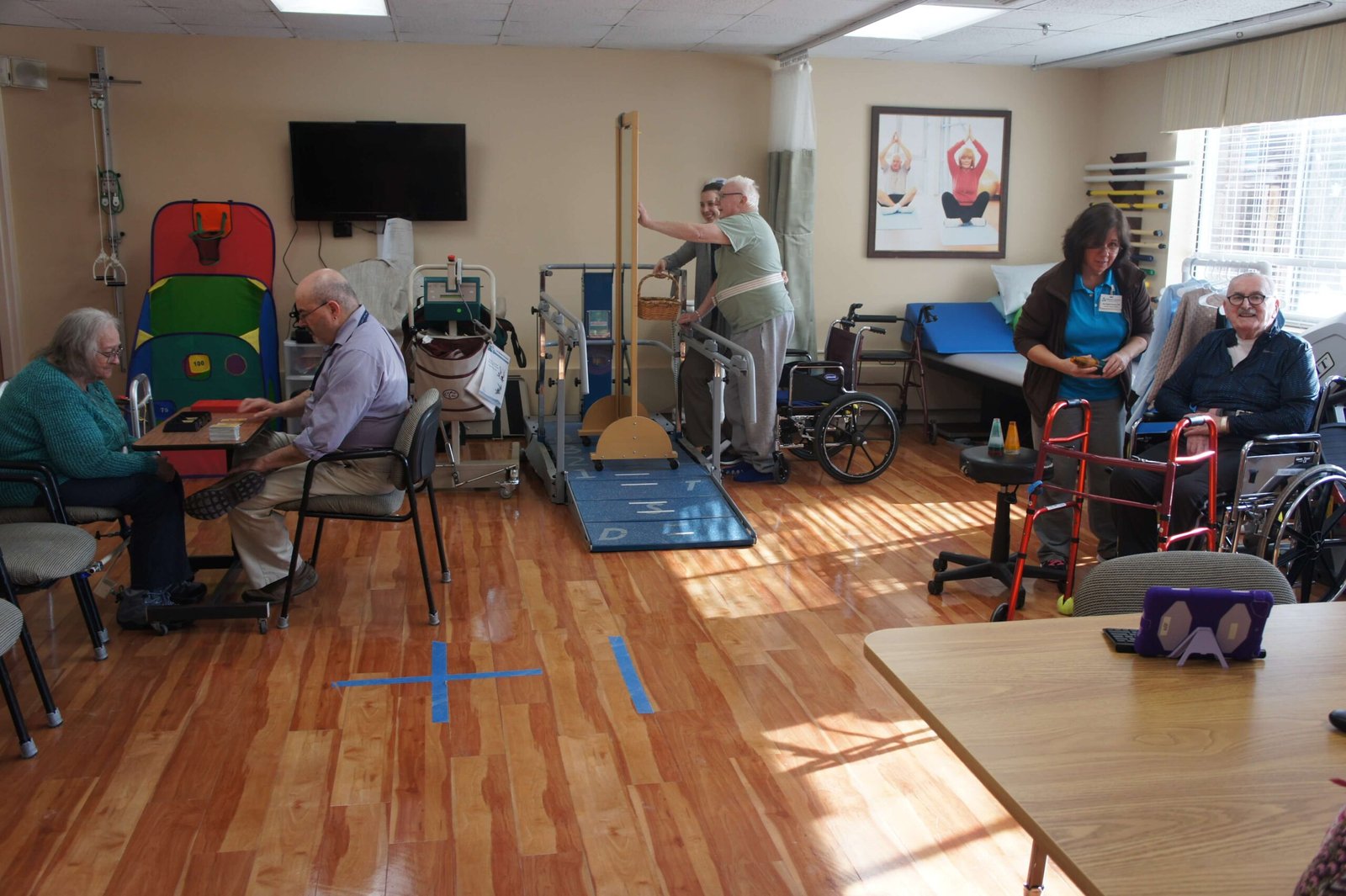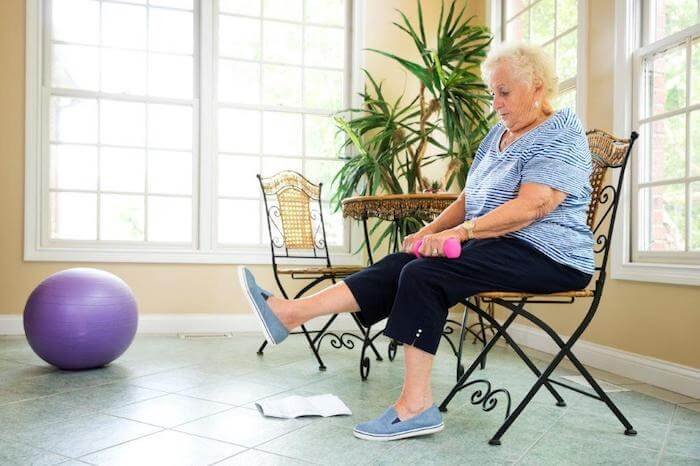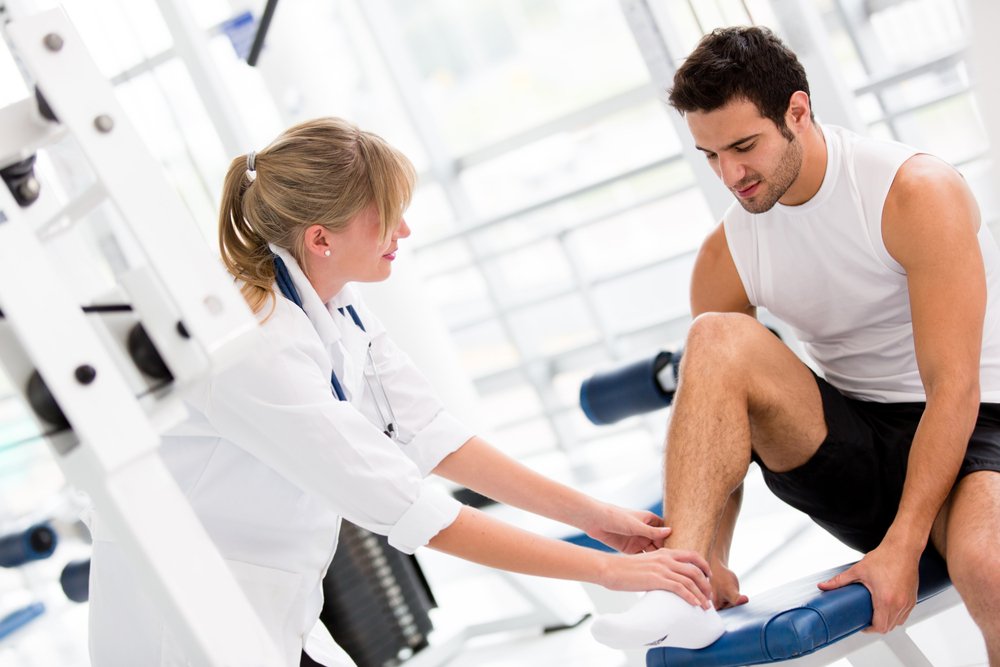Rehabilitation programs play a vital role in recovery, helping individuals regain independence and improve their quality of life. With so many options available, choosing the right program can feel overwhelming. Here’s a guide to understanding different types of rehabilitation programs and how to select the best fit for your needs.
1. Physical Rehabilitation
Physical rehabilitation focuses on restoring mobility, strength, and functionality. It is ideal for individuals recovering from injuries, surgeries, or conditions like stroke or arthritis.
Key Features: Physical therapy exercises, pain management techniques, assistive devices like braces or walkers.
Who Should Consider This? Post-surgery patients or those recovering from accidents or sports injuries.
2. Occupational Rehabilitation
This program helps individuals regain skills needed for daily activities, from cooking to managing work responsibilities.
Key Features: Therapy to improve fine motor skills, workplace adaptations, strategies to overcome physical or cognitive limitations.
Who Should Consider This? Individuals recovering from brain injuries or those with disabilities affecting daily tasks.
3. Addiction Rehabilitation
Focused on treating substance abuse, addiction rehabilitation combines counseling, medical support, and lifestyle changes to promote sobriety.
Key Features: Detoxification, individual and group therapy, relapse prevention strategies.
Who Should Consider This? Individuals struggling with drug or alcohol addiction.
4. Cardiac Rehabilitation
Cardiac rehabilitation is tailored for individuals recovering from heart conditions or surgery.
Key Features: Supervised exercise routines, heart-healthy diet planning, stress management techniques.
Who Should Consider This? Heart attack survivors or individuals with chronic heart conditions.

5. Neurological Rehabilitation
Designed for individuals with neurological disorders, this program helps improve brain function and motor skills.
Key Features: Cognitive therapy, speech therapy, mobility exercises.
Who Should Consider This? Stroke survivors or those with Parkinson’s or multiple sclerosis.
6. Respiratory Rehabilitation
This program benefits individuals with chronic lung conditions by improving breathing and overall lung function.
Key Features: Breathing exercises, oxygen therapy, education on managing symptoms.
Who Should Consider This? Individuals with COPD or asthma.
How to Choose the Right Rehabilitation Program
Assess your needs by identifying your primary challenges, consult healthcare professionals for tailored recommendations, consider location preferences for inpatient or outpatient programs, and evaluate the availability of emotional and mental health support.
Conclusion
Rehabilitation programs are not one-size-fits-all. By understanding the different types and assessing your unique needs, you can select the program that best supports your recovery journey. Investing time in choosing the right rehabilitation program can lead to long-term success and improved well-being.











